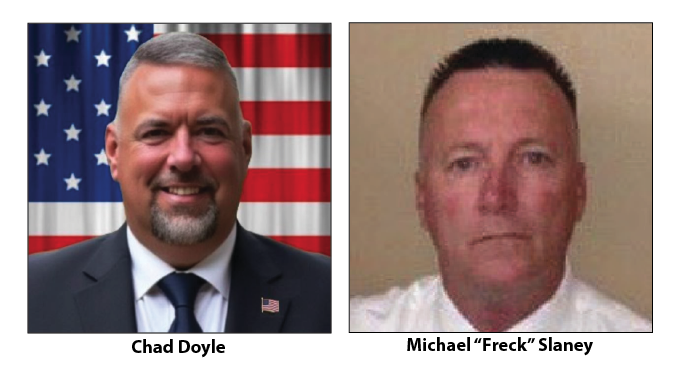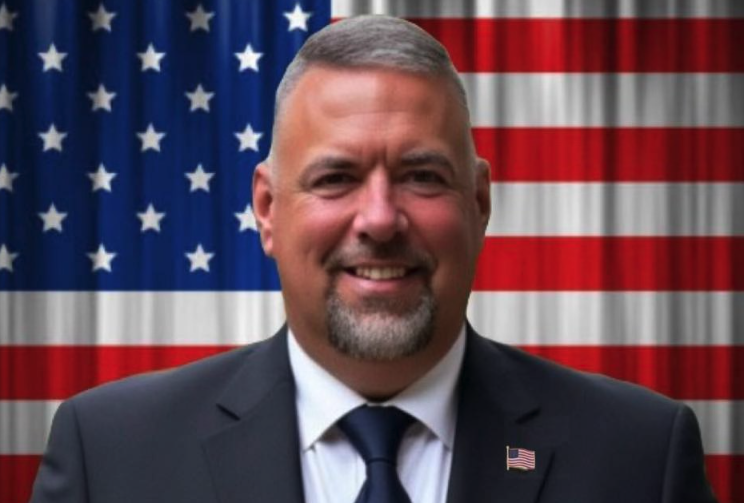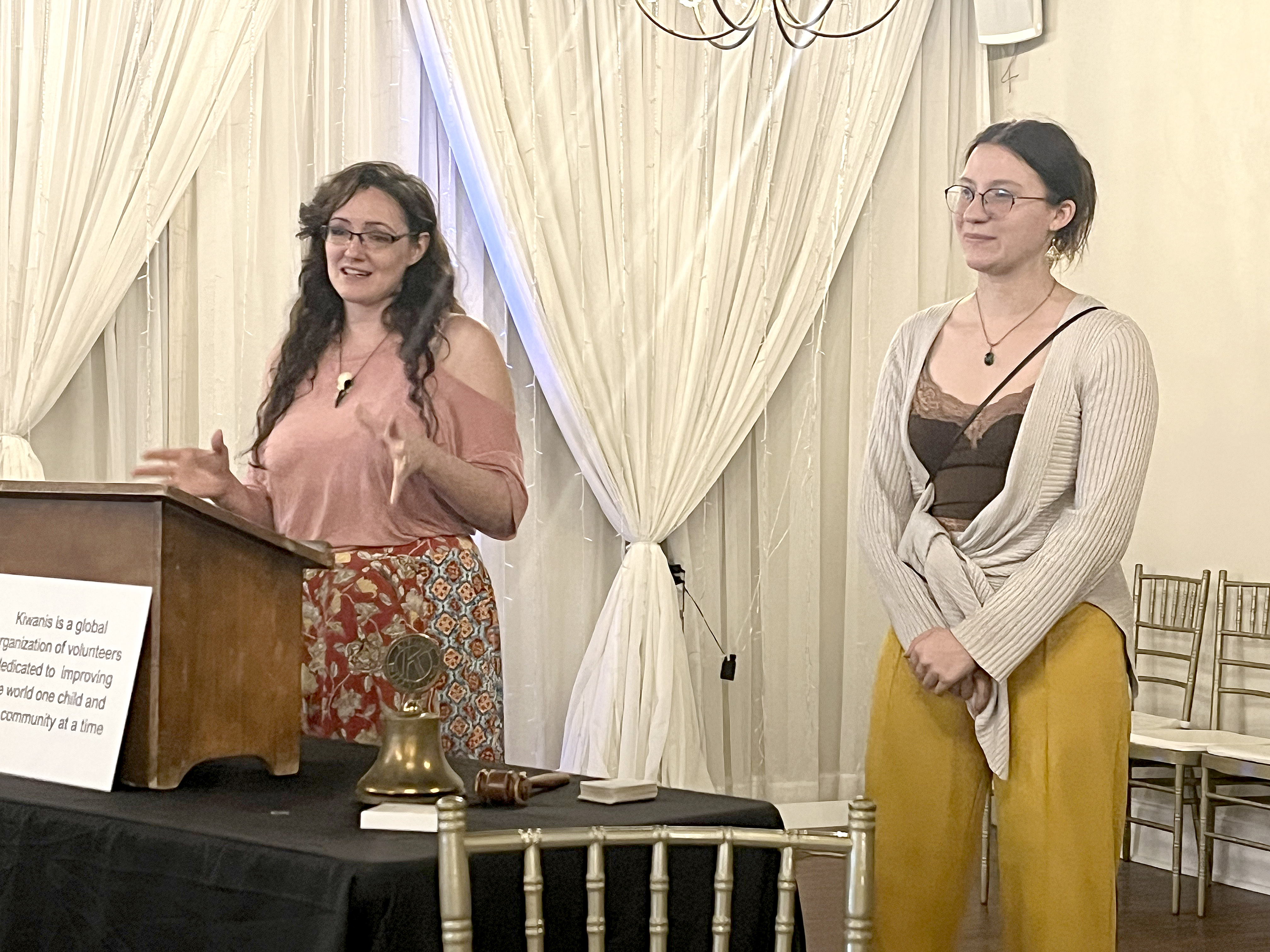Crisis mode: Nearly 260 SW La. children in foster care
Published 5:31 am Sunday, August 7, 2022

- There are currently 50 children available for adoption in Southwest Louisiana. (Metro Creative Services)
The Department of Children and Family Services is in crisis mode.
Nearly 260 children are in foster care in the Lake Charles region — which comprises Allen, Calcasieu, Cameron, Beauregard and Jeff Davis parishes — but there aren’t nearly enough homes to serve them.
“The homes we do have, we fill up as much as we can up to the licensed capacity,” said Stephanie Duplechain, who has worked with the department for 33 years and serves as the region’s child welfare supervisor.
Trending
Prior to the pandemic, there were more than 200 foster homes for the region. After that, the number dropped by 20.
“We weren’t certifying as many because we weren’t able to go out and recruit,” Duplechain said. “Everybody was basically on lock down.”
As Southwest Louisiana battled through additional uncontrollable disasters — such as Hurricane Delta’s landfall in October 2020, the winter storm and freeze in February 2021, and the historic flooding last May — so, too, did the department.
“After Delta, and the freeze and the flood, we lost 62 families,” Duplechain said. “As of today, we have 150 foster homes to serve the five-parish area.”
That means there are 150 homes for the 259 children in the system.
“At this point, we are in crisis mode,” Duplechain said.
Trending
The mission of the department is to see foster children cared for in safe, loving, stable environments. Foster parents are expected to care for the children in their home as if they were their own, provide support, and meet the day-to-day needs of the child — who stays in the home until full-time permanency is established. This may mean that the child returns home to their birth parents or a family member, or is adopted by either their full-time foster family or another appointed family.
Foster parents must be licensed and certified through the state before that can take place.
Due to COVID, certification courses have switched to online.
“Families can actually attend classes in the comfort of their home and classes are being offered about every three weeks,” Duplechain said. “We let you know when the classes are, you let us know when you are able to attend, you register and that’s it.”
As part of the certification training, a background check will be performed as well as a minimum of three home inspections will take place. During that time, other family members who live in the home will be interviewed and safety checks will be conducted.
It takes up to 90 days to complete the certification process.
“I could have a case on my desk for review of the home study and the (social) worker may come in and say, ‘Can you look at the review of this case because I need this home right now,’ ” Duplechain said. “With the shortage of homes, there is not a long wait any more, especially for older children. We need homes for all ages, but we are in dire need of homes for older children.”
Older children are classified as those 9 and older.
“A lot of families come in asking for children 0-3, 0-5, 0-4,” Duplechain said. “Those kids aren’t as hard to place as children 9-17. We’re trying to get the word out through recruitment that we need homes for those older children.”
There is a monthly stipend given to the foster parents that is based on the child’s age to help assist with the care of the child. All medical and mental health needs for the child are covered by the state’s Medicaid program.
If a home can’t be found in this area, those children are placed in foster homes outside of the region.
Duplechain said a common deterrent to fostering is the fear of falling in love with a child who may ultimately be reunited with their biological family.
“My old supervisor told us, ‘Explain to them that might be the case, but look what you have given this child during the time that they were with you that they will carry on with them forever. If they can understand that, it might help them open up to be able to provide foster care services.’ Foster care is meant to be temporary; we do not want a child to grow up in the foster care system. We want them in a home.”
Duplechain said new recruits are reminded the department is not an adoption agency, though foster parent adoptions do happen.
“Our role initially when the child comes into care is to reunite that family or place that child with a relative,” she said. “We do have a lot of relative adoptions. If the child can’t go home, for whatever reason, we hope the foster family they have been placed with for the last 12-18 months has a bond and an attachment there and they would be willing to adopt that child.”
Duplechain said fostering is not as scary as one may fear.
“You have the support of the agency, you will be assigned your own worker that will be there to support you and guide you not only through the process but after you are certified,” Duplechain said. “Each child comes with a foster care worker and each home has a home development worker. It’s a big role they’re taking on, but they will have support.”
She also advises those considering becoming foster parents to have a solid support system of their own.
“Church members, extended family members, close friends can help,” she said. “It is a big responsibility and some of our children do come with behavior issues. All of our children come from hard places; all children who come into the state agency have come through some sort of trauma — some more severe than others. As a foster parent, you have to learn how to foster that child based on their behavioral needs.”
She assured that those considering fostering, though, won’t be thrown into the deep end.
“You are going to be trained to help you care for these children,” she said. “There’s support groups available and one of the largest churches in the area offers nights out for foster parents in which there are activities for the children to do while the foster parents either go home, relax, go out on a date night or movie night.”
It is the department’s mission that each foster parent feels supported while caring for children full-time in their homes, Duplechain said.
Adoption-ready children
While the goal of the Department of Children and Family Services is reunification — meaning the children return home to their birth families after they receive the support and resources they need — there are times where families can Foster-to-Adopt.
Carla Wilson, the adoption unit supervisor for the Lake Charles region, said there are 50 children available for adoption in the area, 12 of whom have no adoptive placement.
“Those 12 range in age from 10 to 17,” she said. “They are in homes right now, but these are homes that are not going to be their forever homes.”
While the region does have a need for foster homes in general, adoptive homes are needed, too.
“When rights are terminated, the cases are transferred to the adoption unit, where we work with families to support adoption or try to find homes for those children who don’t have homes.”
Wilson said while the first goal will always be to reunite children with their biological families, that isn’t always possible.
“Rights are then terminated and we do have to seek out an adoptive home,” she said. “But I do want families to understand that they have to be willing to foster with the understanding that there is a possibility of reunification. We have an obligation to work with those families to provide services and do what we can to make the family whole again.”
She said it’s important for those considering becoming foster and adoptive parents to also remember that some of the children in foster care have come from homes “that aren’t like theirs.”
“There is trauma so the children are going to have issues at times,” Wilson said. “You have to be willing to work with the children on those issues, be patient with them and not give up at the first sign of trouble.”
Wilson said 61 adoptions have been completed in the Lake Charles region since Oct. 1, 2021, the start of the department’s fiscal year.
For those who still need a forever home, extended foster care is available through age 21.
“Technically they are no longer in foster care, but this does give them support and a worker assigned to them that checks in with them to help them if they need assistance so they’re not totally out on their own,” Wilson said.
A 23-year veteran of the department, Wilson said the adoption unit is seeking open-minded families who will welcome these children into their homes.
“Some of these kids are difficult, but sometimes your own children are difficult and you don’t give up on them,” Wilson said. “We want you to come with that same passion you have for your own kids to help them along, giving them a little encouragement and see them through.”
•
Editor’s Note: This is the first report in a new once-a-month series the American Press will be presenting titled “Fostering Hope” about the need for foster and adoptive homes in Southwest Louisiana as well as profile pieces on children available for adoption locally.





